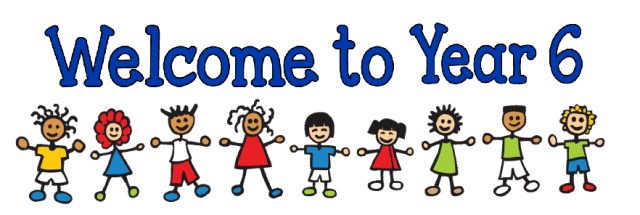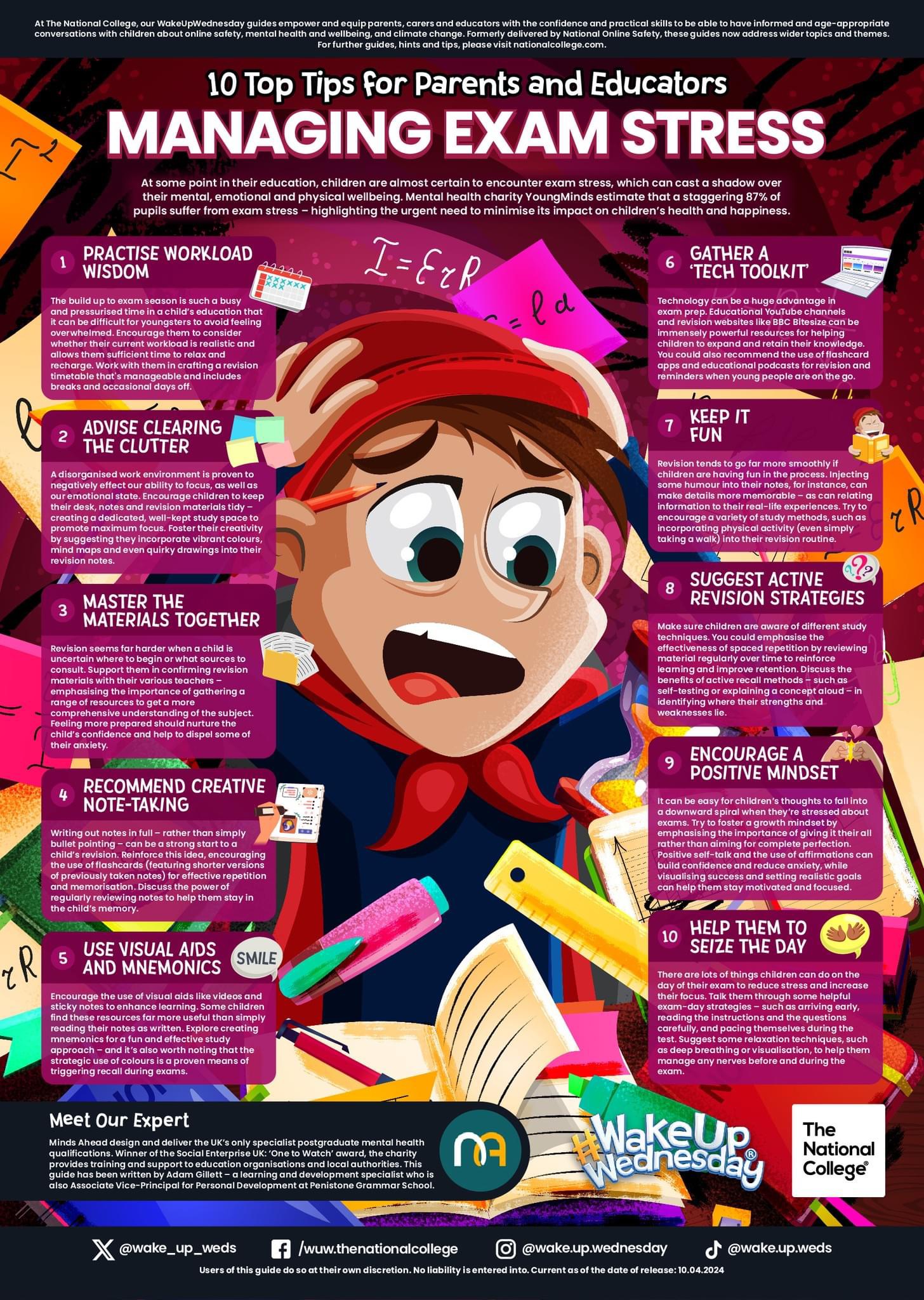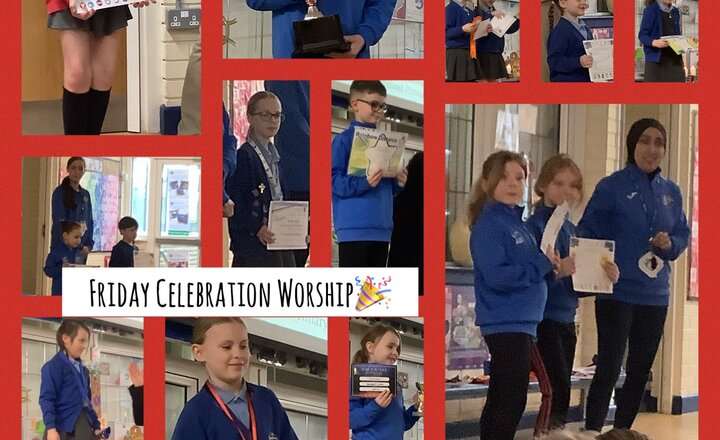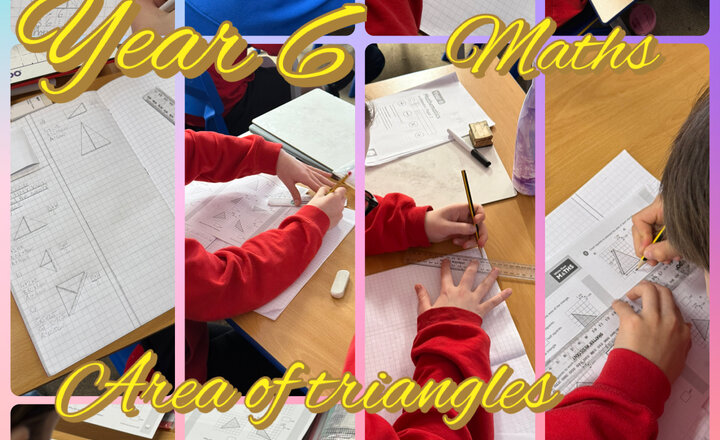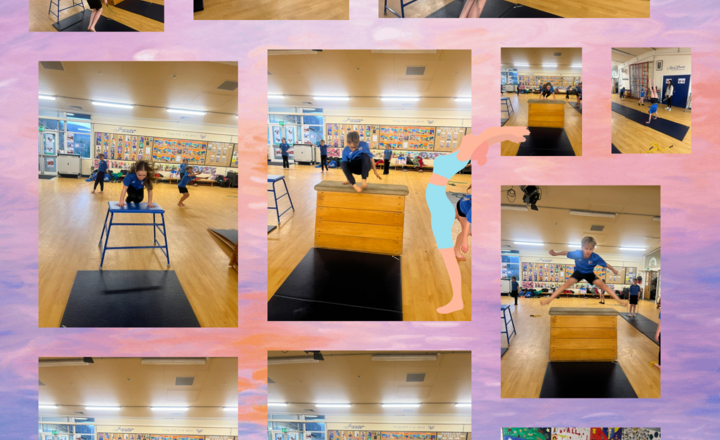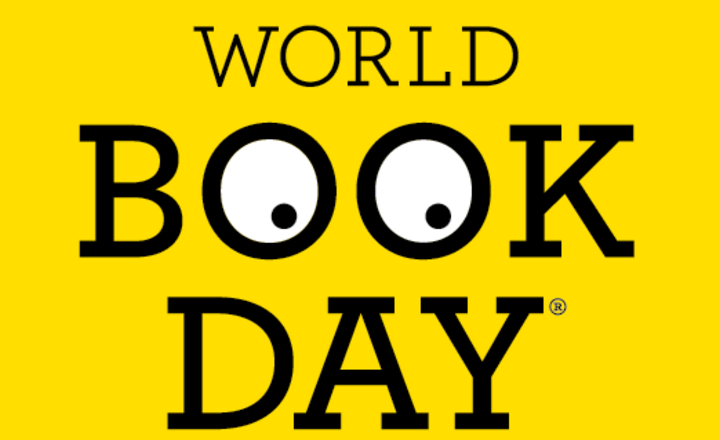Meet the Year 6 team
Meet the Year 6 team
.jpg)
Mr Bloomfield
Year 6 Teacher
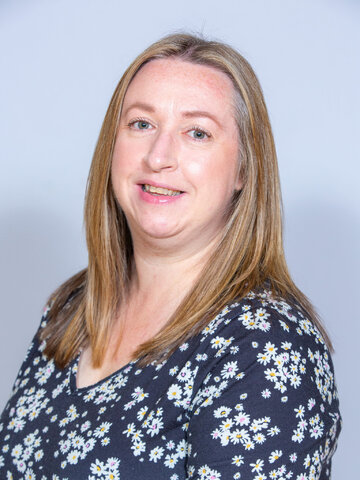
Mrs Amanda Irshad
Year 5 & 6 Teaching and Welfare Assistant
Welcome to Year 6! I'm Mr Bloomfield, the Year 6 teacher and we are also supported in class by Mrs Irshad.
Please check our Year 6 news page, our photo gallery class dojo, X (twitter) and facebook to see further information and events from Year 6.
Year 6 Curriculum Overview
KS2 SATs Information Video
Click here.
Year 6 SATs Information
KS2 SATs in Year 6
At the end of Year 6, children in England sit tests in:
- Reading
- Maths
- Grammar, punctuation and spelling (GPS)
These tests are both set and marked externally, and the results are used to measure the school’s performance (for example, through reporting to Ofsted and published league tables). Your child’s marks will be used in conjunction with teacher assessment to give a broader picture of their attainment.
The KS2 SATs for English and maths taken since 2016 reflect the amended national curriculum, and are more rigorous than previous years' tests. There is also a new SATs marking scheme and grading system which has replaced national curriculum levels.
Key Stage 2 Reading
The reading test is a single paper with questions based on three passages of text. Your child will have one hour, including reading time, to complete the test.
There will be a selection of question types, including:
- Ranking/ordering, e.g. ‘Number the events below to show the order in which they happen in the story’
- Labelling, e.g. ‘Label the text to show the title of the story’
- Find and copy, e.g. ‘Find and copy one word that suggests what the weather is like in the story’
- Short constructed response, e.g. ‘What does the bear eat?’
- Open-ended response, e.g. ‘Look at the sentence that begins Once upon a time. How does the writer increase the tension throughout this paragraph? Explain fully, referring to the text in your answer.’
Key Stage 2 grammar, punctuation and spelling test
Usually, the GPS test consists of two parts: a grammar and punctuation paper requiring short answers, lasting 45 minutes, and an aural spelling test of 20 words, lasting around 15 minutes.
The GPS test includes two sub-types of questions:
- Selected response, e.g. ‘Identify the adjectives in the sentence below’
- Constructed response, e.g. ‘Correct/complete/rewrite the sentence below,’ or, ‘The sentence below has an apostrophe missing. Explain why it needs an apostrophe.’
Key Stage 2 maths
Children sit three papers in maths:
- Paper 1: arithmetic, 30 minutes
- Papers 2 and 3: reasoning, 40 minutes per paper
Paper 1 will consist of fixed response questions, where children have to give the correct answer to calculations, including long multiplication and division. Papers 2 and 3 will involve a number of question types, including:
- Multiple choice
- True or false
- Constrained questions, e.g. giving the answer to a calculation, drawing a shape or completing a table or chart
- Less constrained questions, where children will have to explain their approach for solving a problem
Key Stage 2 science
The Department for Education has confirmed there will be no science sampling tests from September 2022 onwards. Schools will still still submit teacher assessment data for science for KS1 and KS2.
When will KS2 SATs take place in 2026?
The Year 6 SATs week is starts on Monday 11th May 2026. The SATs timetable runs as follows:
Monday
English GPS Paper 1: questions
English grammar, punctuation and spelling Paper 2: spelling
Tuesday
English reading
Wednesday
Mathematics Paper 1: arithmetic
Mathematics Paper 2: reasoning
Thursday
Mathematics Paper 3: reasoning
How will Key Stage 2 SATs be marked?
The previous national curriculum levels have been scrapped, and instead children are given scaled scores (read our parents' guide to primary school grading and SATs codes for more details).
You will be given your child’s scaled score and whether they have reached the expected standard set by the Department for Education (‘NS’ means that the expected standard was not achieved and ‘AS’ means the expected standard was achieved).
The range of scaled scores available for each KS2 test is:
- 80 (the lowest scaled score that can be awarded)
- 120 (the highest scaled score)
The expected standard for each test is a scaled score of 100 or more. If a child is awarded a scaled score of 99 or less they won't have achieved the expected standard in the test. If they are awarded a scale score of 110 or more, they will have achieved greater depth standard.
The Department for Education expects at least 65 per cent of children to reach the expected standard (the figure was initially 85 per cent but has been revised).
Are there any practice papers for KS2 SATs?
es, the 2016, 2017, 2018, 2019, 2022 and 2023 KS2 SATs papers are now available and can be downloaded for free from TheSchoolRun:
- KS2 English SATs 2016 past papers
- KS2 Maths SATs 2016 past papers
- KS2 English SATs 2017 past papers
- KS2 Maths SATs 2017 past papers
- KS2 English SATs 2018 past papers
- KS2 Maths SATs 2018 past papers
- KS2 English SATs 2019 past papers
- KS2 Maths SATs 2019 past papers
- KS2 English SATs 2022 past papers
- KS2 Maths SATs 2022 past papers
- KS2 English SATs 2023 past papers
- KS2 Maths SATs 2023 past papers
You can also access our current free Year 6 SATs papers here; these relate to the old SATs, so the content and format of the new papers will be different, but they are still useful to help your child familiarise themselves with exam technique.
